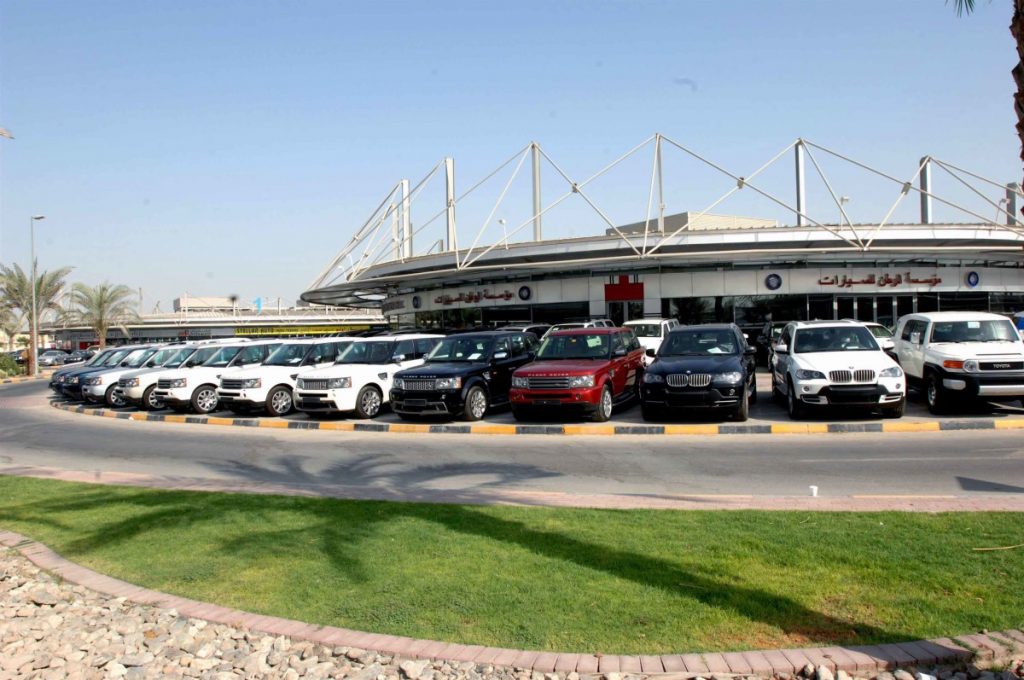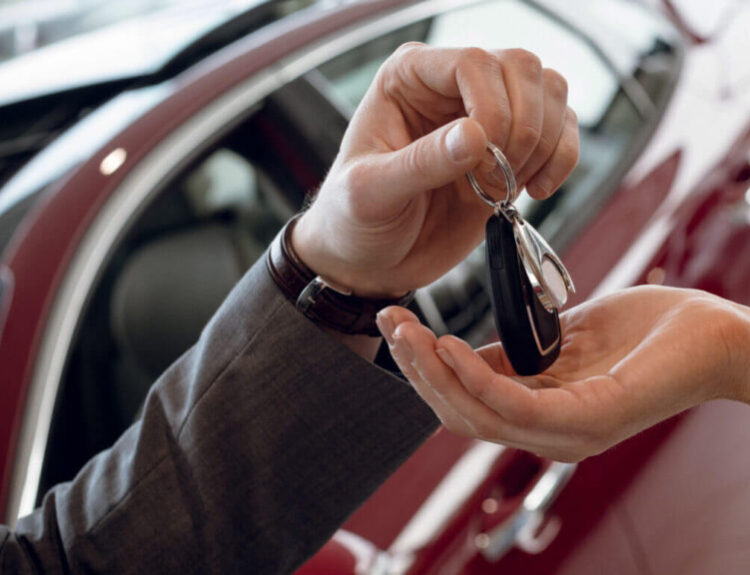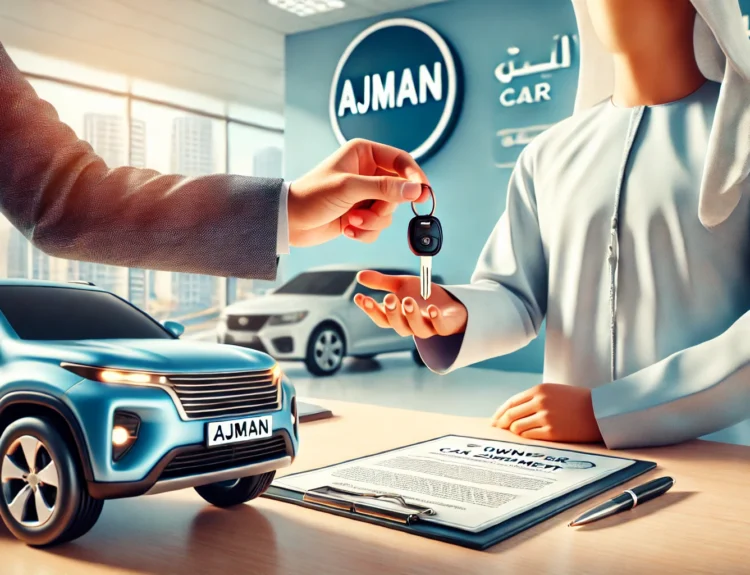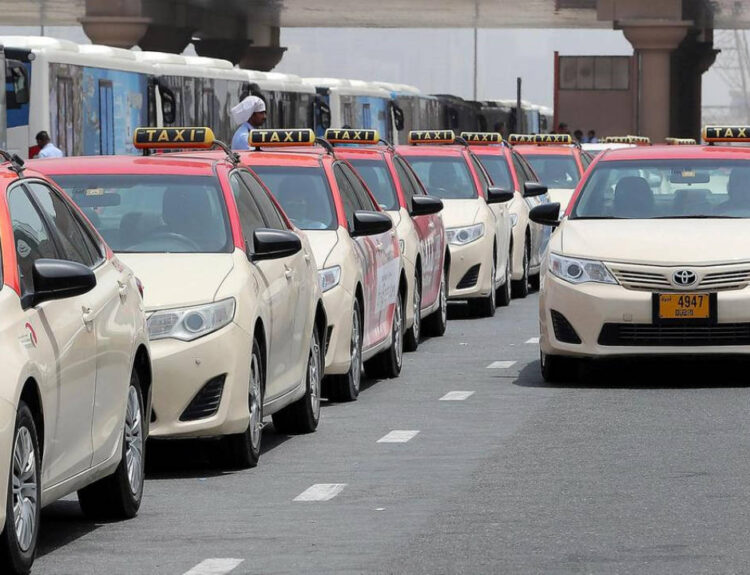Navigating Car Ownership in Dubai: A Comprehensive Guide for New Residents
Whether you’ve recently obtained your driving license or relocated to Dubai with a valid international permit, now is an opportune time to explore car ownership in the UAE. Despite the notable improvements in public transport, including the expansive Metro system, owning a vehicle is often essential for residents navigating the city’s bustling lifestyle.
Essential Documentation for Car Purchase
Before diving into your search for the perfect vehicle, it’s crucial to gather the necessary paperwork, which includes:
- A valid passport and a photocopy (ensure it’s not expired)
- Emirates ID
- UAE residency proof and a photocopy
- Current UAE or GCC driving license
- Salary certificate from your employer (not required if purchasing from a private seller)
- No Objection Letter from your employer (optional but advisable)
Keep in mind that the documentation requirement may vary based on whether you’re purchasing a new or pre-owned vehicle.
Establishing Your Budget
Before you embark on your car search, create a clear budget outlining your expected expenditure. Financing options are available through banks should you require assistance in managing the purchase.
Finding Your Ideal Vehicle
When searching for your next car, consider these convenient options:
-
Online Platforms: Utilize websites like Dubicars for a secure, user-friendly experience. Here, you’ll find high-resolution images, detailed specifications, and even video showcases of new and used cars from dealers across Dubai and the UAE. You can easily filter your search and contact dealers directly via phone or email.
-
Local Dealerships: Venture out to nearby dealerships that you’ve heard about or seen advertised. A physical visit allows for personal interaction with sales representatives.
- Print Media: Explore automobile listings in local newspapers and magazines, though these may offer less detail than online listings.
When considering a new vehicle, reach out to dealers to confirm availability and schedule a visit. A valid UAE or GCC driver’s license entitles you to a test drive.
Payment Options: You can opt for cash purchases or financing, with bank representatives often available at dealerships to facilitate the process. Additionally, during promotions like Ramadan or Eid, expect enticing offers that may include discounts, extended warranties, and complimentary registration or insurance.
Purchasing a Used Car
For second-hand vehicles, contact the seller to arrange a viewing. Verify the vehicle’s condition and inquire about its service history and any remaining warranties. Enlisting a trusted mechanic can provide additional peace of mind.
Typically, cash transactions are standard for second-hand vehicles unless buying from a dealer, especially for cars five years old or newer, which may qualify for financing options.
Securing Car Insurance in Dubai
After acquiring your desired vehicle, it’s time to obtain insurance through a reputable company recognized by the Roads and Transport Authority (RTA), such as AXA, AIG, or RSA. At a minimum, you’ll need third-party insurance, which covers property damage, personal injury, and theft.
For enhanced protection, consider comprehensive insurance, which also covers the driver and may include perks like 24/7 roadside assistance or rental car options during repairs. Be mindful that older used vehicles (over ten years) may not qualify for comprehensive coverage, and new drivers under 25 may face restrictions.
Apply for insurance at RTA registration centers or contact providers online. Required documents typically include:
- Valid driving license
- Passport with residency visa (copies recommended)
- Vehicle registration details
- No Objection Letter from your employer (when applicable)
Insurance policies typically span 12 to 13 months, with pricing influenced by various factors.
Registering Your Vehicle
Post insurance, the next step is vehicle registration. If buying new, your dealer will manage this. For used cars, the previous owner must be present unless you have other documentation. Required for registration are:
- Passport (original and copy)
- Driving license
- Insurance policy
- Old registration card (for used cars)
- Original license plates (for used cars)
Make your way to a Dubai Traffic Department or authorized testing station to submit forms and ensure the vehicle complies with safety and emissions standards.
Once cleared, you’ll receive your registration card, license plates, and a small date sticker indicating expiration. If the previous owner retained their license plate rights, you’ll receive a randomly assigned plate, although personalized plates are available for purchase through RTA auctions.
Registration is valid for 12 months, with a grace period extending it to 13 months. Late renewals incur a fee of AED 20 per month.
Congratulations! You’ve successfully navigated the process of purchasing a car in Dubai. Share your new ride with us in the comments below!
Source:www.dubicars.com




